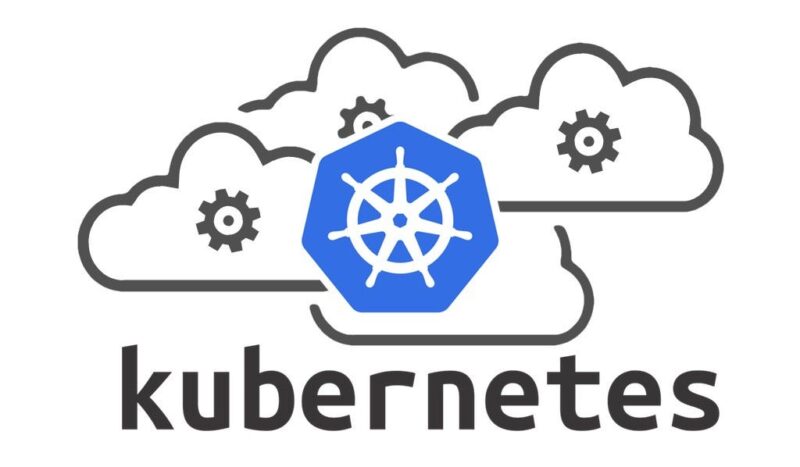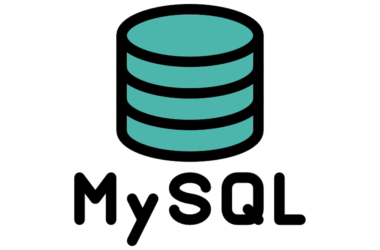In the ever-evolving landscape of container orchestration, Kubernetes has emerged as the de facto standard for deploying and managing containerized applications. However, as the needs of businesses and developers vary, there might be instances where exploring Kubernetes alternatives becomes imperative. In this article, we delve into the reasons behind seeking Kubernetes alternatives and present a comprehensive list of the best options available in the market.
The Versatility of Kubernetes
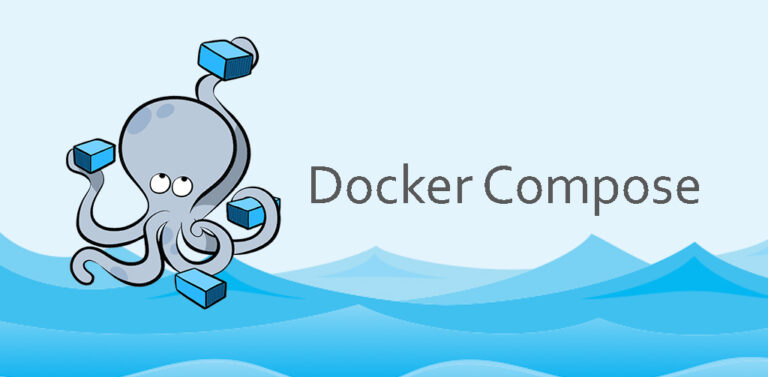
1. Seamless Container Orchestration
Kubernetes, often abbreviated as K8s, is an open-source container orchestration platform that provides a robust and scalable solution for managing containerized workloads. It automates the deployment, scaling, and operations of application containers across clusters of hosts. With Kubernetes, businesses can experience seamless container orchestration, making it easier to deploy and manage applications at scale.
The magic of Kubernetes lies in its ability to abstract the underlying infrastructure, enabling developers to focus on building and deploying applications without worrying about the complexities of managing individual containers. Kubernetes orchestrates containers into logical groups, known as pods, which are scalable and load-balanced to ensure optimal resource utilization and application availability.
2. High Availability and Scalability
One of the key advantages of Kubernetes lies in its ability to ensure high availability and scalability for applications. It achieves this through automated load balancing, self-healing, and auto-scaling mechanisms. This results in improved performance, reduced downtime, and the ability to handle varying levels of traffic, making it an ideal choice for modern cloud-native applications.
Kubernetes’ powerful auto-scaling feature dynamically adjusts the number of running instances based on resource utilization or incoming traffic. This elasticity allows applications to handle spikes in user activity and scale down during periods of lower demand, optimizing resource consumption and cost efficiency.
3. Ecosystem and Community Support
Kubernetes boasts an extensive ecosystem of tools, plugins, and extensions that enhance its capabilities and integrate it with various services. Its vibrant community contributes to its continuous growth and evolution, providing regular updates, bug fixes, and security enhancements.
The Kubernetes ecosystem is rich with third-party tools that extend its functionalities. Helm, for example, is a package manager for Kubernetes that simplifies the deployment of applications by encapsulating all resources into easily installable packages called “charts.” Additionally, Istio provides a service mesh for Kubernetes, offering powerful features such as traffic management, security, and observability.
Why Is There A Need For Kubernetes Alternative
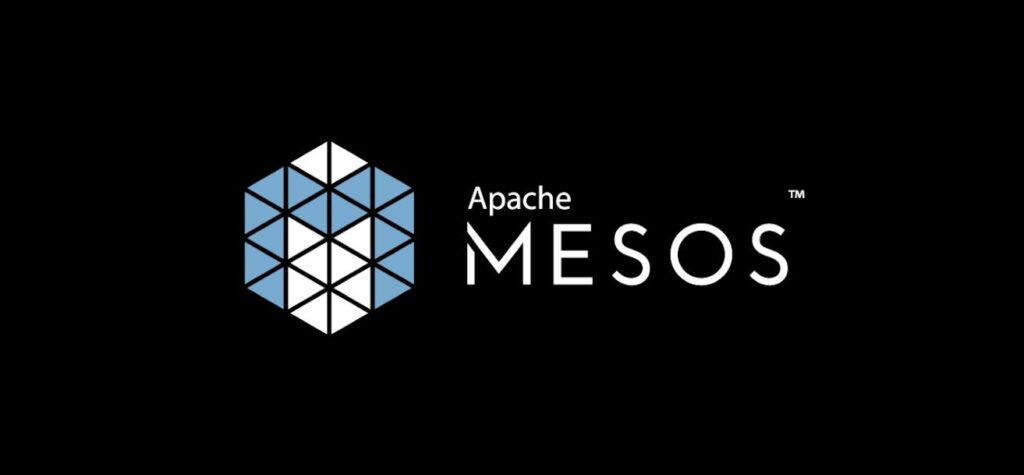
1. Complexity and Learning Curve
While Kubernetes offers unmatched power and flexibility, its complexity can be overwhelming for some organizations and teams, especially those with limited resources or expertise. Setting up, configuring, and managing a Kubernetes cluster requires a significant investment of time and effort, which might not align with the immediate needs of certain projects.
The intricate concepts and terminology of Kubernetes, such as pods, services, and persistent volumes, might be daunting for newcomers. Furthermore, maintaining a production-grade Kubernetes cluster demands skilled DevOps and infrastructure teams, making it less accessible for smaller startups or projects without dedicated resources.
2. Resource Consumption
Kubernetes demands substantial hardware resources to operate efficiently. Smaller organizations or projects with tight budgets might find it challenging to allocate the necessary infrastructure to support a Kubernetes cluster without compromising other aspects of their operations.
The resource requirements of Kubernetes can be particularly daunting for edge computing scenarios, where lightweight and nimble container orchestration solutions are preferred. Such resource constraints can lead businesses to explore Kubernetes alternatives that offer a more frugal approach while still providing essential container management functionalities.
3. Use Case-Specific Requirements
Every project or application has unique requirements, and Kubernetes might not be the best fit for all scenarios. Some applications might require more specialized features or lighter container orchestration solutions that align better with their specific use cases.
For example, in a microservices-based architecture, where applications are broken down into small, independent services, organizations might find Kubernetes alternatives that excel at managing microservices deployment, communication, and scalability. Kubernetes, while capable of handling microservices, may not provide certain built-in features that cater specifically to this architectural style.
9 Best Kubernetes Alternatives For You
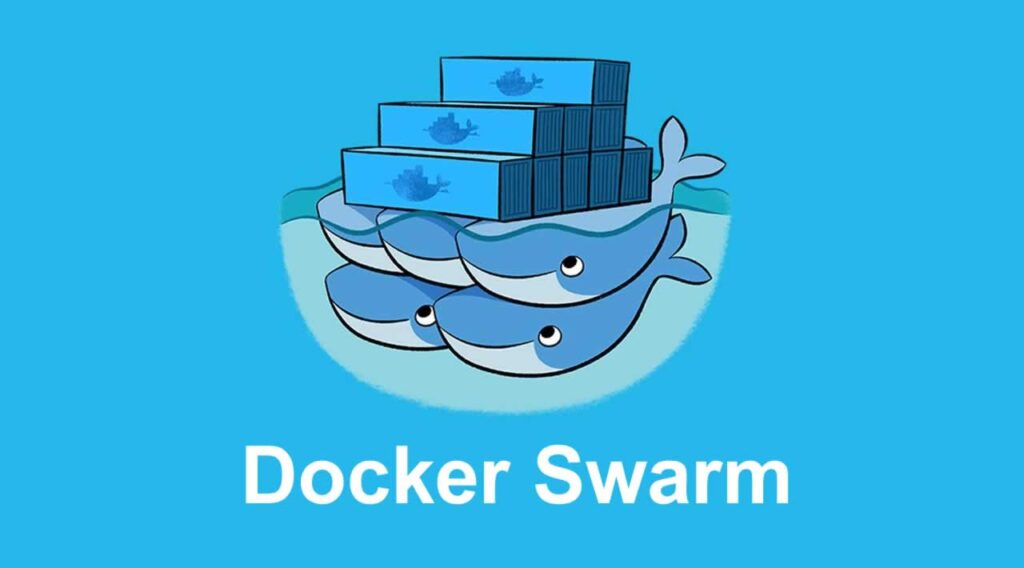
Now that we understand the factors driving the quest for Kubernetes alternatives, let’s explore some of the most promising options available in the market.
1. Docker Swarm
Docker Swarm is a robust and user-friendly Kubernetes alternative. It enables the creation of a cluster of Docker nodes and provides essential container orchestration capabilities. Docker Swarm’s simplicity makes it an excellent choice for smaller projects or teams that prefer a more straightforward approach to container management.
Unlike Kubernetes, Docker Swarm does not require a separate control plane for management, making it easier to set up and maintain. It leverages the familiar Docker Compose syntax for defining services, enabling developers to adapt to Swarm without a steep learning curve quickly.
2. Apache Mesos
Apache Mesos is a battle-tested distributed systems kernel that excels at managing resources across clusters, including CPUs, memory, and storage. Mesos offers flexibility and efficiency for large-scale deployments and can accommodate various workloads, including containers and traditional applications.
One of Mesos’s notable advantages is its ability to allocate resources based on frameworks, allowing multiple applications to coexist on the same cluster while efficiently utilizing resources. Additionally, Mesos’ fine-grained resource allocation provides excellent isolation between applications, enhancing security and stability.
3. Nomad
Developed by HashiCorp, Nomad is a versatile and easy-to-use workload orchestrator that supports containerized and non-containerized applications. It emphasizes simplicity, making it an attractive option for organizations seeking a lightweight and flexible orchestration solution.
Nomad’s design philosophy revolves around providing a straightforward experience for both users and operators. With its declarative job specification, Nomad allows users to define and deploy applications using a simple configuration file. This simplicity is especially beneficial for small teams or those new to container orchestration.
4. Amazon ECS (Elastic Container Service)
For businesses investing in the Amazon Web Services ecosystem, Amazon ECS provides a seamless and fully managed container orchestration service. It integrates seamlessly with other AWS services, making it a convenient choice for those already leveraging AWS infrastructure.
Amazon ECS handles the underlying infrastructure management, enabling developers to focus on building and deploying applications without worrying about operational overhead. ECS supports both Fargate, a serverless container service, and EC2 instances, providing flexibility in deployment options.
5. Google Cloud Run
Google Cloud Run is a serverless container platform that automatically scales applications based on incoming traffic. With Cloud Run, you pay only for the computing time used, making it cost-efficient for sporadic workloads or those with unpredictable traffic patterns.
By abstracting away the need for managing servers, Cloud Run allows developers to focus solely on the application code. The platform supports both stateless HTTP workloads and long-running background tasks, catering to a wide range of application types.
6. OpenShift
Red Hat’s OpenShift builds upon Kubernetes while providing additional features and tools, making it more developer-friendly. It offers enhanced security and streamlined deployment processes, catering to enterprises with complex application requirements.
OpenShift introduces the concept of “Builds” and “Source-to-Image,” which streamline the process of converting source code into container images. These features reduce the burden on developers and enable them to focus on the development process.
7. Rancher
Rancher is an open-source container management platform that supports multiple Kubernetes clusters, providing a unified and intuitive interface for containerized applications. Its ease of use and powerful features make it a strong contender for Kubernetes alternatives.
Rancher simplifies the deployment and management of Kubernetes clusters across multiple cloud providers or on-premises data centers. Its user-friendly interface and comprehensive dashboards offer insights into the cluster’s performance and resource utilization, facilitating better decision-making.
8. Docker Compose
Docker Compose, though not a full-fledged Kubernetes alternative, is an excellent choice for smaller projects or local development environments. It allows developers to define and manage multi-container Docker applications easily.
Compared to Kubernetes, Docker Compose is less complex and more lightweight, making it an ideal choice for local development and testing. Developers can use a single YAML file to define the services, networks, and volumes needed for their application, speeding up the development cycle.
9. Cloud Foundry
Cloud Foundry is a powerful open-source platform-as-a-service (PaaS) that streamlines application deployment and management. It abstracts away infrastructure concerns, enabling developers to focus solely on their applications.
Cloud Foundry provides a highly automated platform for deploying and scaling applications, freeing developers from the complexities of managing the underlying infrastructure. With its built-in health management and logging features, Cloud Foundry simplifies the task of monitoring application performance.
Conclusion
In conclusion, while Kubernetes remains the leading choice for container orchestration in many scenarios, various compelling alternatives cater to specific use cases, preferences, and constraints. By evaluating the unique needs of your projects and teams, you can select the best Kubernetes alternative that aligns perfectly with your objectives and infrastructure.




